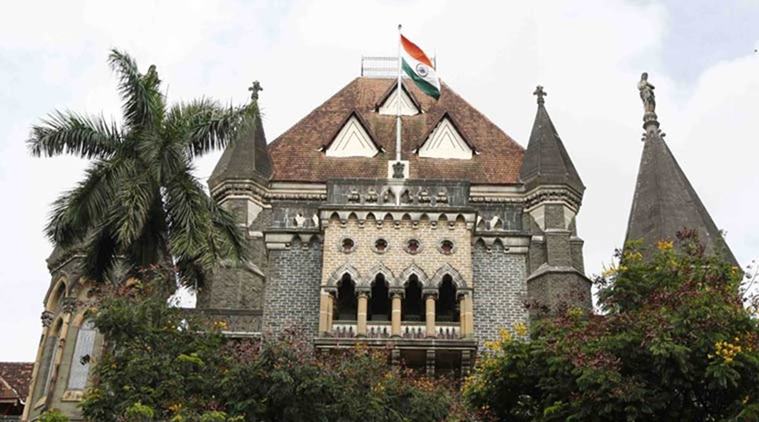
THE BOMBAY High Court on Wednesday quashed and set aside the Maharashtra government’s order suspending life imprisonment sentences awarded to 11 police officers in the 2006 alleged fake encounter of gangster Ramnarayan Prasad alias Lakhan Bhaiya on the ground that it is “perverse and unsustainable in law”.
On December 2, 2015, deputy secretary of the state home department, based on reports submitted by the commissioner of police, the additional director general, the inspector general and the National Human Rights Commission, had suspended the sentences of the 11 officers.
A Division Bench of Justice B P Dharmadhikari and Justice Revati Mohite-Dere on Wednesday said “it appears that all agencies of the government had submitted reports to facilitate the release” of the accused by submitting “biased reports”. “Courts cannot be expected to be silent spectators to such decisions, which are blatantly perverse and unsustainable in law,” it added.
The bench said that in 2011, the high court, based on the report of the metropolitan magistrate — which concluded that the encounter was fake — had directed that the police officers be booked and transferred the investigation to a special investigation team (SIT).
This fact was “completely overlooked/ignored” by the state government while suspending the sentences, the court said, adding that the government order shows “not only non-application of mind, but consideration of irrelevant material and non-consideration of relevant material”.
In 2015, the superintendent of a Thane prison — where the accused were lodged — had sought the opinion of Special CBI Judge M B Gosavi in regard to Section 432 (power to suspend or remit sentences) of the CrPC. According to procedure, the appropriate government authority needs to make an application for the suspension or remission of a sentence.
The bench said that instead of the home department, which is the appropriate authority in this case, the jail authorities approached the special court judge.
In July 2013, Judge V B Jadhavar had convicted 21 police officers, sentencing them to life imprisonment and acquitting then inspector Pradip Sharma. While their appeals against the conviction were pending in the high court, on August 12, 2015, an application was moved by 11 police officers before the state government, seeking suspension of their sentences on the ground that they needed to be outside the prison to ensure early hearing of their appeals and to give instructions to their lawyers.
The high court said that in the absence of the judge who convicted the accused, his successor is required to give opinion. “The opinion was not given by the successor of Mr V B Jadhavar, but by the learned Special Judge CBI Mr M B Gosavi, and as such, the same was clearly in contravention of Section 432(2) CrPC,” the bench observed.
According to Section 432(2), whenever an application is made for remission, the appropriate government may seek the opinion of the presiding judge of the court that had sentenced the convict or confirmed the conviction, on whether the request should be granted. On the opinion of the judge, the bench said, “…we find that there is complete non-application of mind by the learned Special Judge, CBI, whilst giving his opinions… a Judge cannot abdicate his duty in a casual and cavalier manner, as has been done in the present case.”
Yug Chaudhry, lawyer of petitioner Ramprasad Gupta, the brother of Lakhan Bhaiya, had argued that the state government had no power to suspend the sentences of the accused under Section 432 of CrPC. Senior counsel M P Rao, appearing for the state government, argued that there was no impediment for the state government to pass the order.